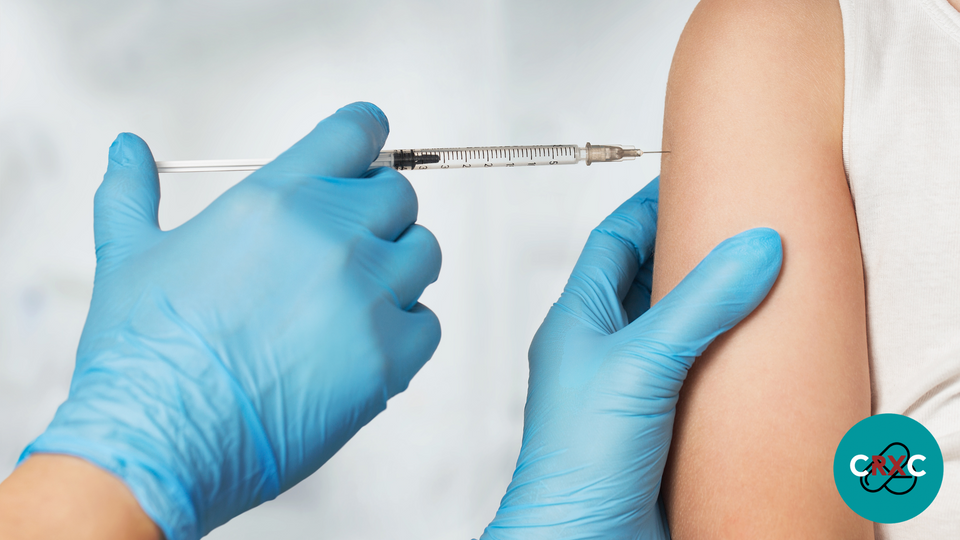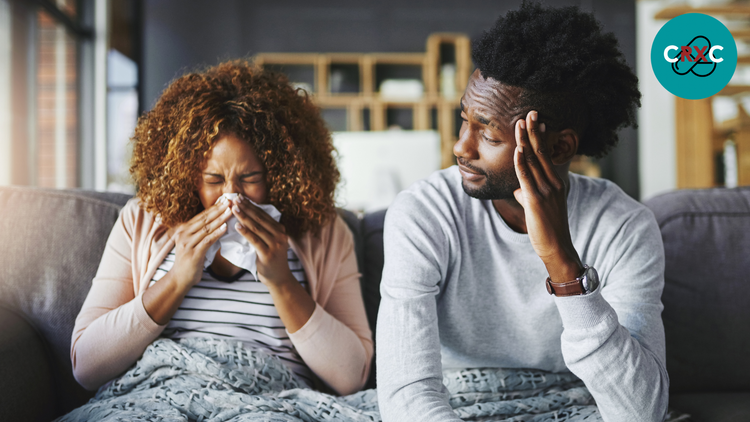August is: National Immunization Awareness Month

Immunization: treatment (as by vaccination) for the purpose of making an organism immune to a disease or pathogenic agent : the administration of an immune-producing substance.
Why is immunization so important?
Vaccinations are important for people of all ages. They help by protecting us against many types of infectious diseases and assist in lowering, as well as limiting the chances of spreading these infectious diseases amongst one another.
What are vaccines & how do they work?
Vaccines are a form of injectable medication that are used so people can become immune to certain diseases. Typically, vaccines contain the bacteria or virus, or parts of which that cause the type of illness and/or disease. Basically, once you are injected with a "vaccine" the idea is for our bodies to build immunity against the bacteria/virus by allowing our body to recognize it, then naturally produce antibodies against whichever illness or disease we are being immunized for, without the person having to ever be exposed to and or experience any symptoms of the actual illness or disease prior.
Types of vaccinations you can receive:
- Hib (Hemophilus influenza type b)
- Hepatitis B
- Human papillomavirus (HPV)
- Whooping cough
- Pneumococcal disease
- Meningococcal disease
- Shingles
- Hepatitis A
- Flu
- Polio
- Rabies
- Measles, mumps, and rubella (MMR combined vaccine)
- Rotavirus
- Smallpox
- Chickenpox
- Yellow fever
- COVID-19
Are there risk when it comes to immunization?
There is always risk of side effects with all vaccines, however some are less likely to cause side effects than others. It's best to talk to your doctor if you have any questions or concerns about any of the types of vaccines listed above if you are thinking about getting vaccinated.
Vaccinate before travelling
It is very important for you and your family or whomever you are travelling with to vaccinate if you are travelling out of the country, especially abroad. Different countries may be experiencing different uprisings in certain types of infectious diseases depending on the time of your travel and you do not want to cross contaminate and spread your illness to other destinations or bring it back to your home country as well as remain a sickness for the duration your travels.
It is advised to be up to date with your travel vaccination at least 1 month prior to your departure. Remember to plan your immunization appointments ahead of your travels as it may take time to see your physician for a specific vaccination depending on whichever shot you will require. If you would like to know which vaccine is required per country prior to your visit, you can review the CDC's link provided for more information: https://wwwnc.cdc.gov/travel/destinations/list/
How do I know which vaccine I need?
If you are unsure of which vaccines you have already received or if you are requiring updated vaccinations, talk to your doctor about your medical history and vaccine records.
For more information or to view the "Vaccine Schedule" to see if you or your child, family member(s)s or friend(s) are due for their scheduled vaccine, you could also visit the CDC's website link prior to making an appointment and discussing further with your General Practitioner : https://www.cdc.gov/vaccines/index.html





